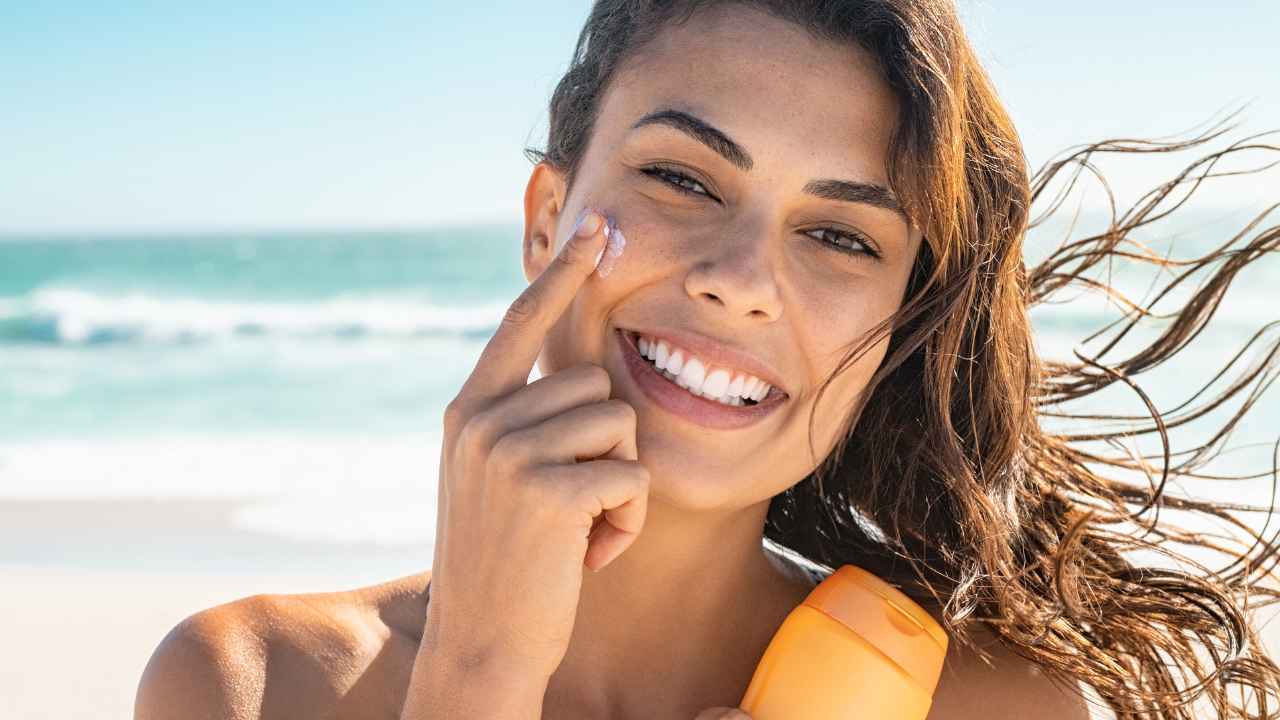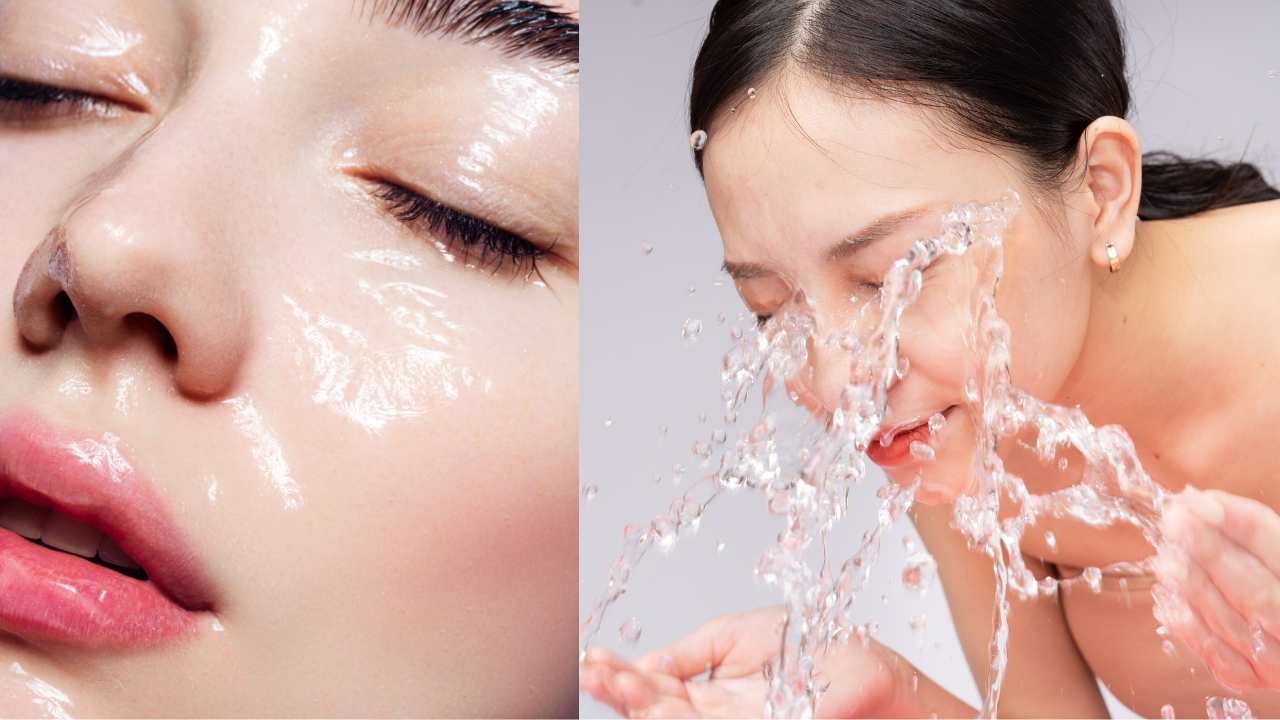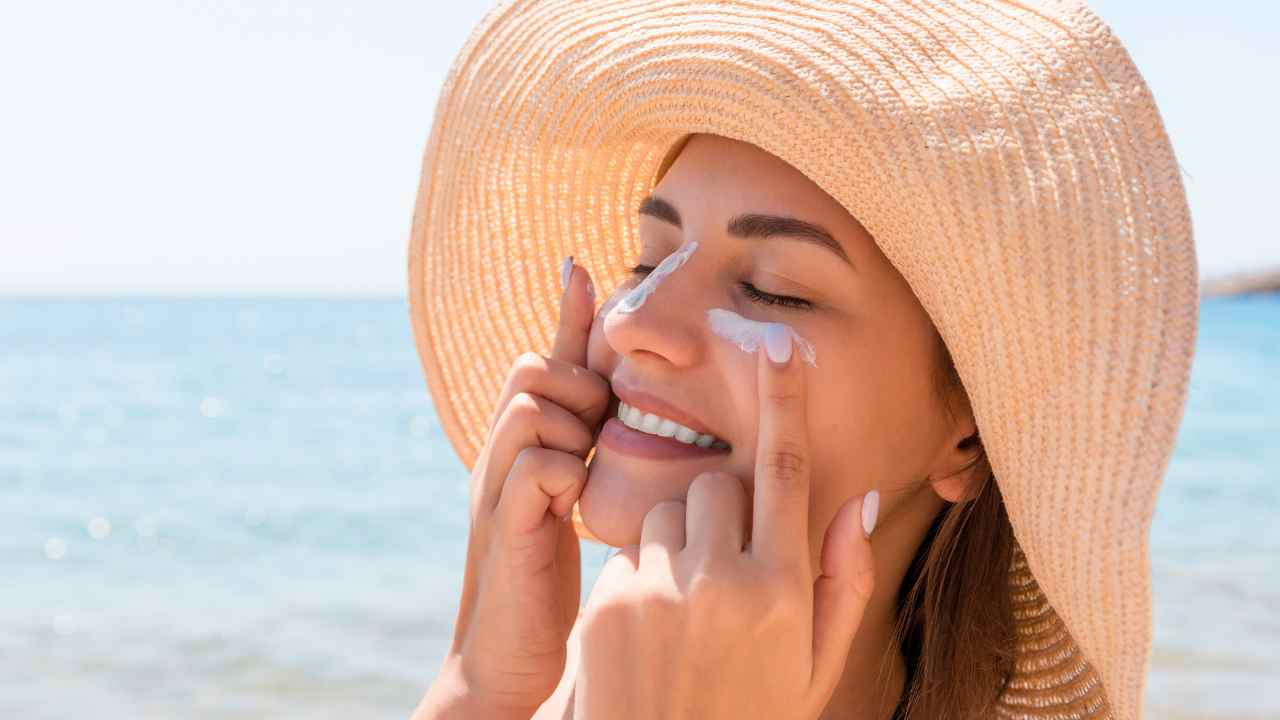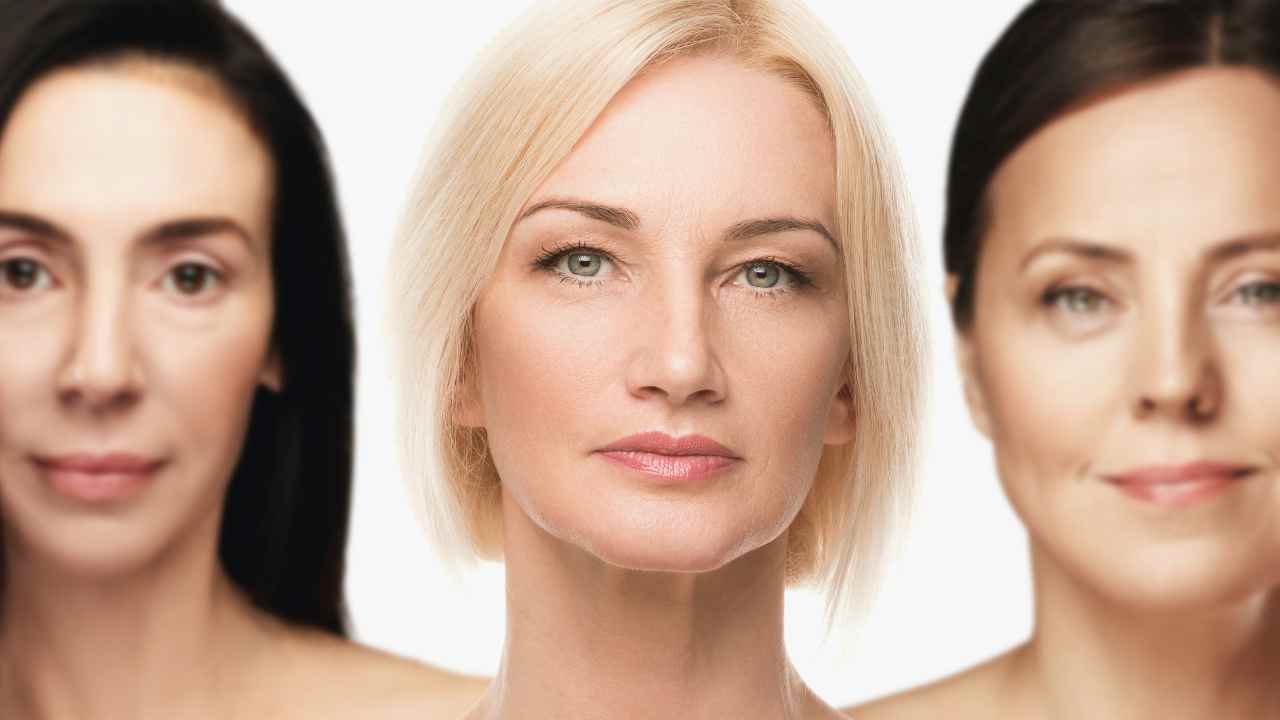
Debunking Myths: Does Zinc Oxide Dry Out Skin?
Skincare is a realm where myths often intertwine with facts, creating confusion about what's truly good for your skin.
One such myth surrounds zinc oxide, a mineral sunscreen ingredient renowned for its sun-blocking properties.
Many have questioned whether using products containing zinc oxide can lead to dry skin. In this article, we'll unravel this mystery, providing clarity about zinc oxide's effects on your skin and how to use it effectively for a radiant complexion.
The Lowdown on Zinc Oxide
Zinc oxide, a powerful and versatile mineral, is widely utilized in skincare products, particularly mineral sunscreens. Its remarkable features include broad-spectrum UV protection and a gentle nature, making it suitable for all skin types, including sensitive and acne-prone skin.
In addition to its sun protection capabilities, zinc oxide offers multiple benefits for the skin. Its unique formulation helps to soothe inflammation, reduce redness, and calm irritated skin. Furthermore, zinc oxide acts as a physical barrier, shielding the skin from environmental pollutants and preventing premature aging.
Contrary to a common misconception, zinc oxide not only provides excellent sun protection but also offers hydration to the skin.
It helps to lock in moisture, preventing dryness and maintaining a healthy complexion. With its non-comedogenic properties, it won't clog pores, making it ideal for those with oily skin or acne-prone skin.
By incorporating zinc oxide into your skincare routine, you can ensure effective sun protection while promoting overall skin health.

Is Zinc Oxide a Chemical?
The zinc oxide found in physical sunscreen is definitely a chemical substance, but it's not necessarily synthetic or man-made - it can also be derived from natural sources.
Zinc oxide occurs naturally as the mineral calamine, which was famously used to treat skin conditions such as eczema and chickenpox long before its sun-blocking properties were discovered.
In fact, some of today's chemical sunscreens actually contain calcium carbonate - another naturally occurring mineral compound - alongside zinc oxide for additional protection.
So while zinc oxide is a chemical, it doesn't have to be synthesized in a laboratory; you can still get an effective and safe sunscreen just by using products containing natural ingredients!

Zinc Oxide's True Nature
The good news is that zinc oxide doesn't inherently dry out your skin. In fact, it offers several benefits for your skin's health:
- Comprehensive Sun Protection: Zinc oxide, a key ingredient in our product, forms a protective barrier on the skin's surface, effectively shielding it from both UVA and UVB rays. This advanced defense is crucial in preventing not only premature aging but also potential long-term skin damage, such as sunburn and skin cancer.
- Ideal for Sensitive and Acne-Prone Skin: Our product, formulated with non-comedogenic and hypoallergenic zinc oxide, is specifically designed to cater to the needs of sensitive skin or acne-prone skin. It not only offers superior sun protection but also minimizes the risk of pore clogging and breakouts, ensuring a healthy and clear complexion.
- Soothing and Healing Properties: Apart from its sun protection benefits, zinc oxide is renowned for its remarkable healing properties. It possesses the ability to calm and soothe irritated or inflamed skin, making it an invaluable ingredient in skincare products aimed at addressing conditions like rosacea. By incorporating this mineral, our product aids in reducing redness, promoting skin repair, and restoring a more balanced and comfortable complexion.

The Myth of Dry Skin
The myth that zinc oxide dries out skin when applying sunscreen likely stems from misunderstandings.
In some cases, individuals may have experienced dryness while using zinc oxide-containing products. However, this is often due to other factors:
- Formulation: The formulation of the product matters greatly when it comes to the effectiveness of zinc oxide. It is most effective when used in a well-balanced, hydrating formulation that not only provides sun protection but also nourishes the skin. Some sunscreens or skincare products may contain other ingredients that can be drying, so it's important to choose one that is specifically designed to moisturize and hydrate the skin while providing sun protection.
- Improper Usage: Proper usage of zinc oxide is crucial in preventing dry skin. Applying an excessive amount of zinc oxide can create a thick layer that may not allow the skin to breathe properly, leading to dryness. Additionally, neglecting to moisturize the skin before applying zinc oxide can also contribute to dryness. It's essential to use sunscreen as directed, applying a thin and even layer, and to maintain a regular skincare routine that includes moisturizing the skin.
- Environmental Factors: Apart from improper usage, environmental conditions can also play a role in skin dryness. Low humidity levels can strip the skin of its natural moisture, leaving it dry and dehydrated. By using a zinc oxide sunscreen in conjunction with proper moisturization, you can help counteract the effects of low humidity and keep your skin well-hydrated and protected.
Effective Use of Zinc Oxide
To harness the benefits of zinc oxide while avoiding any potential dryness, consider the following tips:
- Choose High-Quality Products: It is important to select reputable brands that offer well-formulated products containing zinc oxide as the main ingredient. Zinc oxide provides broad-spectrum protection to deflect UV rays, safeguarding your skin from harmful sun damage.
- Moisturize: Incorporating a separate moisturizer into your daily skincare routine is essential for maintaining optimal skin hydration. This not only helps to keep your skin soft and supple but also creates a protective barrier that prevents moisture loss throughout the day. Look for a moisturizer that suits your sensitive skin type and contains nourishing ingredients like hyaluronic acid or ceramides.
- Reapplication: When using a sunscreen with zinc oxide, it is crucial to remember to reapply sunscreen every two hours when exposed to the sun. This ensures that your skin remains protected continuously, especially during prolonged sun exposure or outdoor activities. Be mindful of areas that are easily overlooked, such as the ears, neck, and hands.
- Patch Test: Before introducing a new product to your skincare regimen, it's advisable to perform a patch test. Apply a small amount of the product on a discreet area of your skin, like the inner forearm or behind the ear, and observe for any adverse reactions. This step helps to ensure that the product is compatible with your skin and minimizes the risk of irritation or allergic reactions.
Zinc Oxide & Your Skin
In the grand myth-busting journey of skincare, we can confidently debunk the notion that zinc oxide inherently dries out the skin.
When used appropriately and within a well-balanced skincare routine, products containing zinc oxide can offer a wide range of benefits while keeping your skin healthy and radiant.
So, don't let the myth of dry skin deter you from reaping the protective and nourishing rewards of zinc oxide in your skincare routine.

















